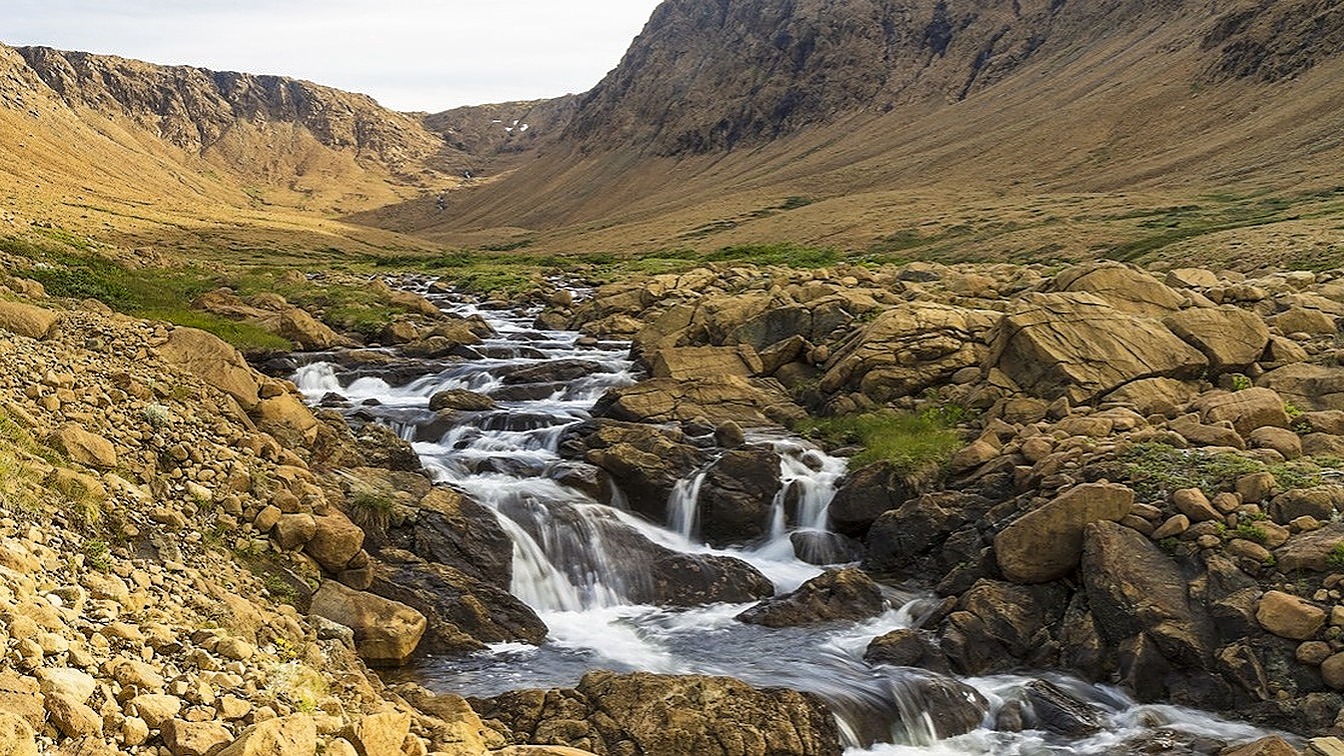Streams in the Desert - Dec 16
by L. B. E. Cowman and Jim Reimann
There was also a prophetess, Anna. . . . She never left the temple but worshiped night and day, fasting and praying. (Luke 2: 36– 37)
There is no doubt that it is by praying that we learn to pray, and that the more we pray, the better our prayers will be. People who pray in spurts are never likely to attain to the kind of prayer described in the Scriptures as “powerful and effective” (James 5: 16).
Great power in prayer is within our reach, but we must work to obtain it. We should never even imagine that Abraham could have interceded so successfully for Sodom if he had not communed with God throughout the previous years of his life. Jacob’s entire night of wrestling at Peniel was certainly not the first encounter he had with his God. And we can even look at our Lord’s most beautiful and wonderful prayer in John 17, before His suffering and death, as the fruit of His many nights of devotion, and of His rising often before daybreak to pray.
If a person believes he can become powerful in prayer without making a commitment to it, he is living under a great delusion. The prayer of Elijah, which stopped the rain from heaven and later opened heaven’s floodgates, was only one example of a long series of his mighty pleadings with God. Oh, if only we Christians would remember that perseverance in prayer is necessary for it to be effective and victorious!
The great intercessors, who are seldom mentioned in connection with the heroes and martyrs of the faith, were nevertheless the greatest benefactors of the church. Yet their becoming the channels of the blessings of mercy to others was only made possible by their abiding at the mercy seat of God.
Remember, we must pray to pray, and continue in prayer so our prayers may continue.
~Charles H. Spurgeon
Reference
Cowman, L. B. E.; Reimann, Jim (2008-09-09). Streams in the Desert: 366 Daily Devotional Readings (pp. 466-467). Zondervan. Kindle Edition.
Categories: spiritual